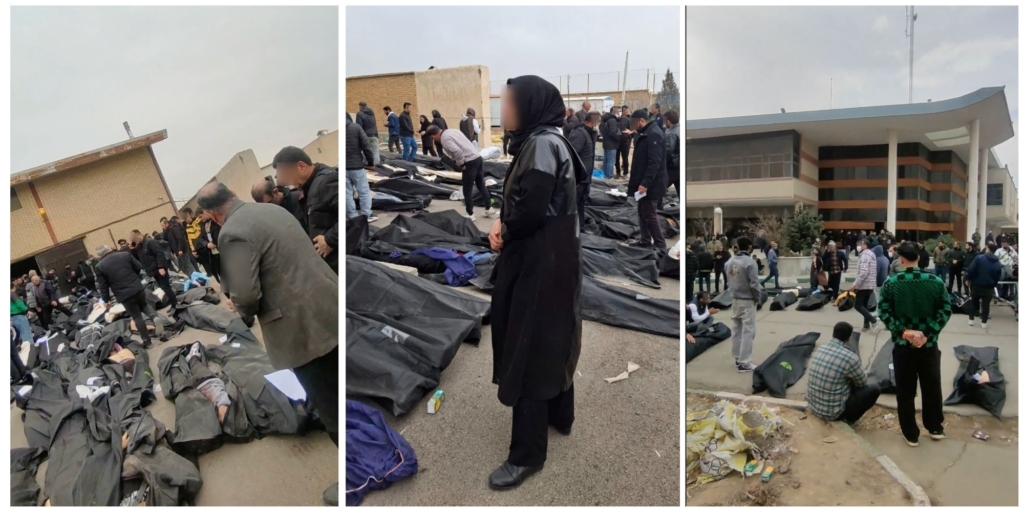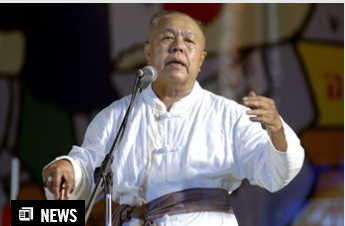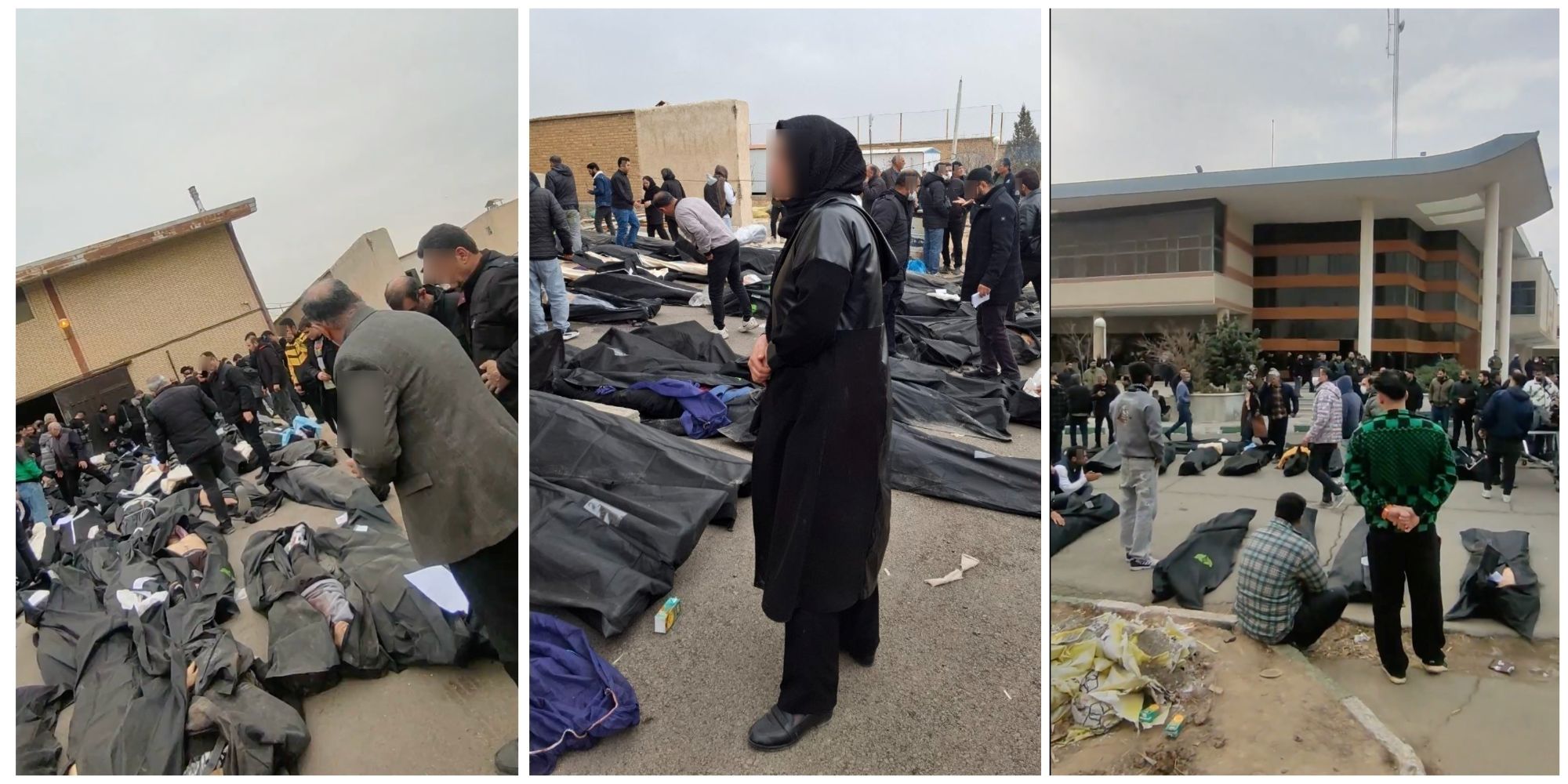Following the decision today by the Bangkok Military Court to postpone a decision on whether to indict Sulak Sivaraksa, on charges of lèse majesté for comments he made about a battle in 1593, James Gomez, Amnesty International’s Director of Southeast Asia and the Pacific, said:
“To prosecute a scholar for comments he made about a battle that took place more than four centuries ago would be patently absurd. This case is an ugly reminder of the Thai authorities’ increasing use of the lèse majesté law as a tool of suppression.
“Aside from being an outrageous attack on freedom of expression and academic freedom, Sulak Sivaraksa’s case appears to be based on a wilful misinterpretation of the existing repressive law on lèse majesté. While it should doubtless be abandoned in its entirety, the law as it currently stands does not apply to historical members of the monarchy.
“The Thai authorities must end their gross misuse of this law and immediately drop these ridiculous charges.”
Background
Sulak Sivaraksa has been charged for comments he made on October 5, 2014, at Thammasat University in Bangkok, questioning the historical account of a 16th-century elephant battle between the Thai King Naresuan and the Burmese Crown Prince Mingyi Swa. If found guilty he could face up to 15 years’ imprisonment.
He is a long-time critic, scholar and the author of many books on Thai politics, society and culture. He is also a veteran activist in the promotion of human rights, Buddhism and peaceful approaches to the solution of political conflicts. Since 1984 he has repeatedly faced charges under Article 112 of the Penal Code: Thailand’s lèse majesté law.
Since Thailand’s military government took power in a coup d’etat in May 2014, an unprecedented number of people have been charged and convicted under the lèse majesté law. The United Nations Special Rapporteur on Freedom of Expression and international human rights organizations have called on Thai authorities to stop using the lèse majesté law to criminalize freedom of expression and to repeal or amend or the law on the basis that it is incompatible with Thailand’s international human rights obligations.
For further information, please contact Elizabeth Berton-Hunter, Media Relations 416-363-9933 ext 332 bberton-hunter@amnesty.ca






















